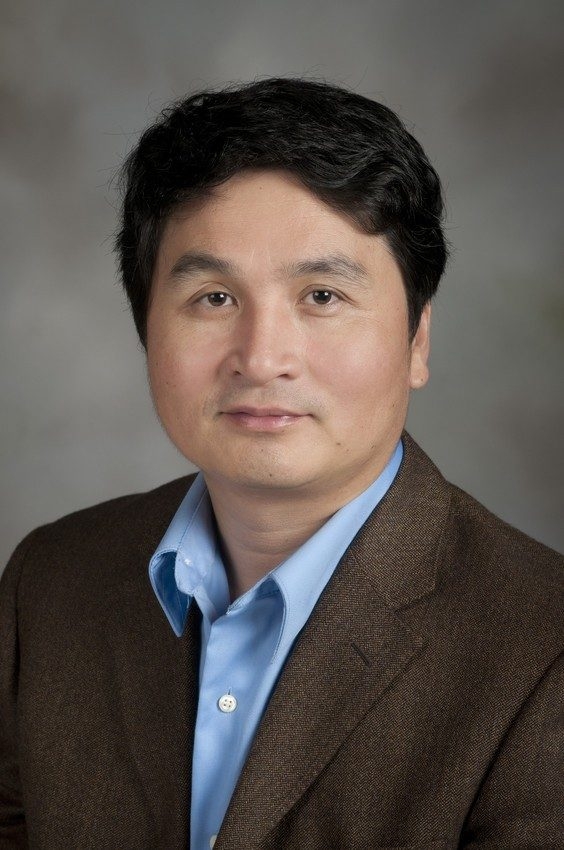
Dr. Tu has been part of Virginia Tech for almost 20 years. He joined VT as an Assistant Professor in 1999 and in 2008 he became a full professor in the Dept. of Biochemistry. Dr. Tu has been a huge supporter of VT-PREP and IMSD program. He has provided mentorship for four of our scholars: Chevon Thorpe (PREP), Frank Criscione (IMSD), Monica Alvarez (IMSD), Crystal Kennedy (PREP).
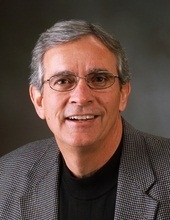
1. Tell us about yourself:
Thomas H. Ollendick is University Distinguished Professor and Director of
the Child Study Center in the Department of Psychology. The recipient of approximately 12 Million USD in grants over the years, he specializes in the understanding, assessment and treatment of diverse forms of child psychopathology from social cognitive learning theory and developmental psychopathology perspectives. The author of numerous publications, he is also the past president of several national organizations, the recipient of lifetime achievement awards, received an Honorary Doctorate from the University of Stockholm, and holds honorary adjunct appointments in Australia and United Kingdom universities. Most important, however, is my family, including my wife of 50+ years, 2 grown daughters, and 6 grandchildren! Without them, life would be so much less fun and rewarding.
2. What do you think attracts you and your work to students?
I love my work and I love my students – and it shows. I have received both advising and mentoring awards, have chaired the committees of 44 doctoral students in my 38 years at VT, served on over 200 other doctoral committees, and mentored students from several universities throughout the world. Recent visitors have come from Brazil, Denmark, Iceland, Australia and Japan. I believe this record is largely due to my advising style, the nature of my work, and the funding that I am frequently able to provide my students. Our work is cutting edge and we have families from many parts of the country traveling to VT to receive our brief, intensive interventions that are now evidence-based and being disseminated world-wide. I believe students love being a part of such developments.
3. What is your mentoring philosophy?
Quite simply, as noted above, I love working with students and the process is always a collaborative one in which we strive to maximize the energy and talents of bright minds in a friendly and supportive environment. My students are superb and, oftentimes, it is a matter of not “getting in their way.” They energize me and without them I would be “Dr. Nobody!” Over time, many of them have become good friends – I even go to their weddings and I send congratulations regarding when other good things happen in their lives and I send condolences when things are not going so well. As I note on my website, they are my extended family!
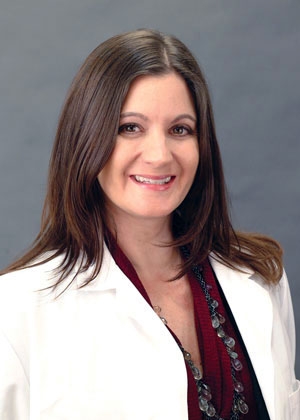
1. Tell us about yourself:
I’m a neurobiologist studying the mechanism(s) of brain injury and am a native of northeast Ohio. A close childhood friend I grew up with suffered from a traumatic brain injury after a tragic fall in high school. Now 20-years later I continue to learn about the evolving challenges he and others face in their daily lives and use this as inspiration for my research. This passion is very much rooted in real world health problems, even those deemed too complex to cure. While a career and training in academia has led me across country from Cleveland Ohio (yes, I’m a Brown’s fan), to Houston Texas, Charleston South Carolina and Miami Florida, I’m settled into Hokie Nation. My family and I know this is a special place, one I’m hopeful my students will return to and share with me their stories.
2. What do you think attracts you and your work to students?
The translational aspect of our work, I think, is highly attractive to students that reach out with an interest in being a part of our team. I also emphasize our research environment is based on ‘team
science’ and students like this idea. There is a genuine excitement each time we generate new data and everyone is a part of that experience no matter what team project they are leading. Importantly, most of what we study remains uncharted territory, given what we know about how our brain works and responds to disease is still in its infancy. Perhaps, this curiosity of the brain initiates students to think about the prospect of learning our experimental approach to studying brain injuries.
3. What is your mentoring philosophy?
Give the students the tools and space they need to be successful. If you have a hammer, build it; If you have creativity, draw it; If you are a leader, lead. What I enjoy most about mentoring is watching students who find their passion, become exceptional in their talents. Everyone has a special talent, I try to learn what that is then nurture the heck out of it! As a mentor, though, it is not only my responsibility to coach to their strengths but also prepare them for the greater competition they will face once they leave the lab. These are difficult lessons I am still learning to navigate but feel confident my trainees have the necessary tools they require to be successful no matter where they land.
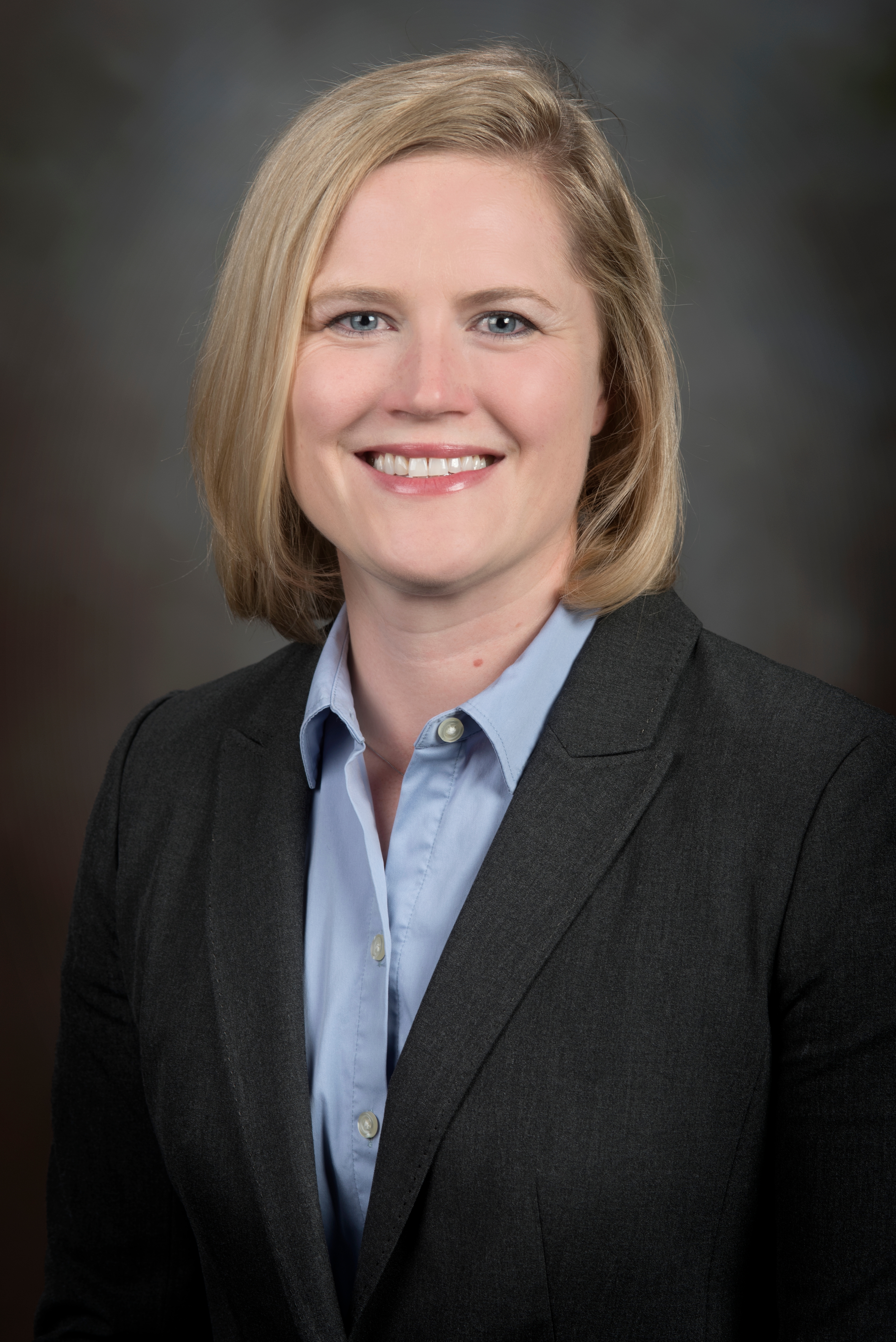
Dr. Jones joined VT in 2015 as an Anssistant Professor in the Dept. of Biological Sciences. Dr. Jones' research is focused in combining engineering disciplines with immunology to prevent, diagnose, and treat immune related disorders. Just like the other "Three timers", Dr. Jones has been a big supporter of our VT-PREP and IMSD program. She has been a mentor to three of our scholars: Naya Eady (PREP), Brittany Boribong (IMSD), and Maryam Moarefian (IMSD-co with Drs. Danesh Tafti and Luke Achenie).
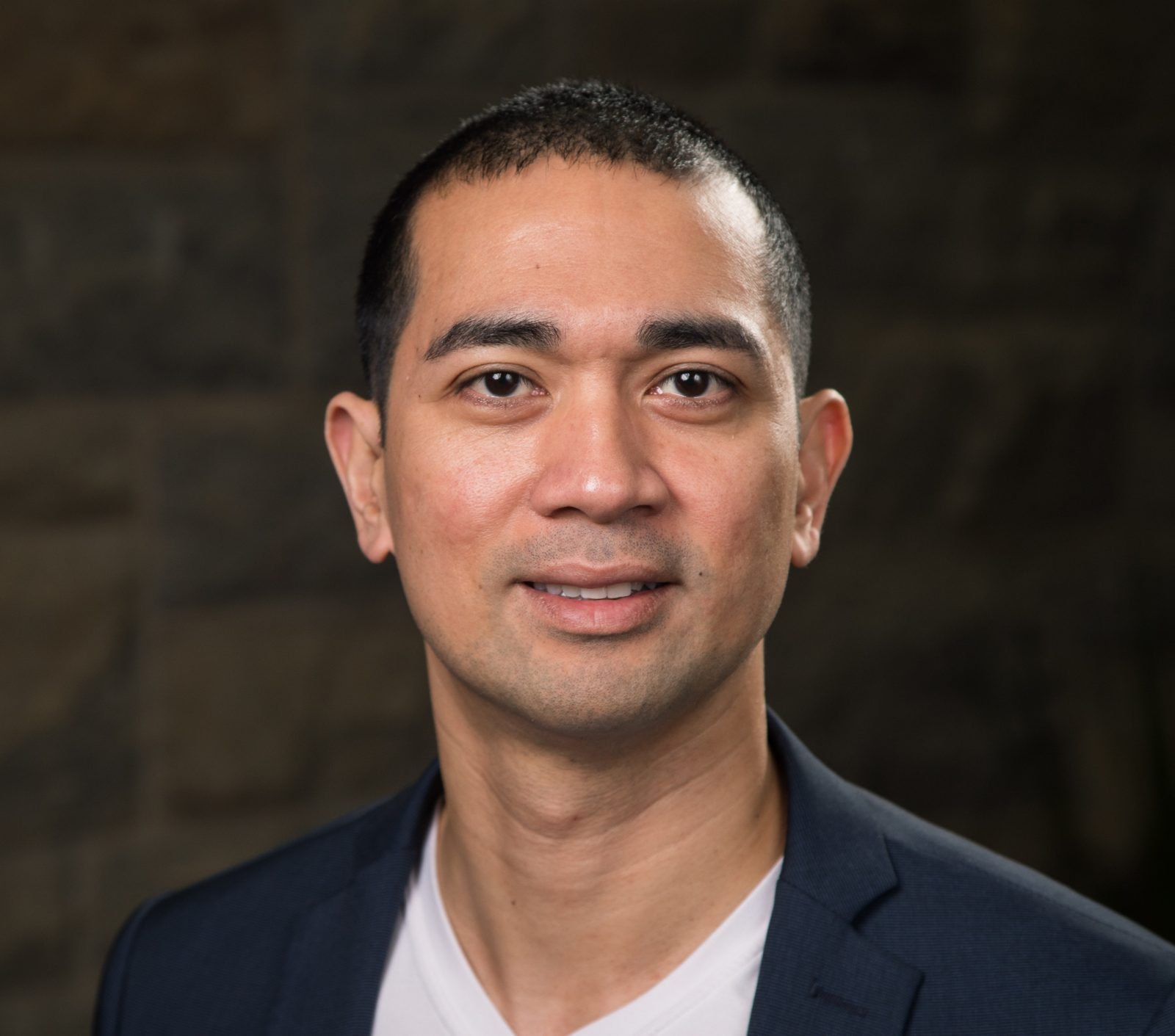
Dr. Webster Santos is a Professor of Chemistry and a mentor to several IMSD alums and scholars. Dr. Santos is also a recipient of several Awards and honors for his outsanding work within and outside of his lab. We asked him tell us about himself and below are his responses:
1. Tell us about yourself
I was born in the Philippines and moved to the US when I was 17, so I think I understand first-hand what being an immigrant is. I am also the first and only person to receive a PhD in my family. I am passionate about science and translating inventions from my labs into the clinic. This effort has enabled me to become a faculty entrepreneur: three start-up biotech companies have spun out of my labs.
2. What do you think attracts you and your work to students?
The potential to make a big difference in the lives of patients and how work in our labs can directly impact human medicine attracts students to our labs. We also have a diversity of projects ranging from basic science to applied medicine so that they are exposed a wide range of ideas. The combination of both is appealing to students.
3. What is your mentoring philosophy?
My mentoring philosophy is to care about the students. My first question is usually to ask what they think their future career is going to be, and then we develop a plan towards achieving it. Each student is different and as they get more experienced, their career path changes and we work towards their new plan together. I like to be very collaborative and have a two-way street mentoring style. After all, I am not superman, I must learn and evolve to become better at mentoring.
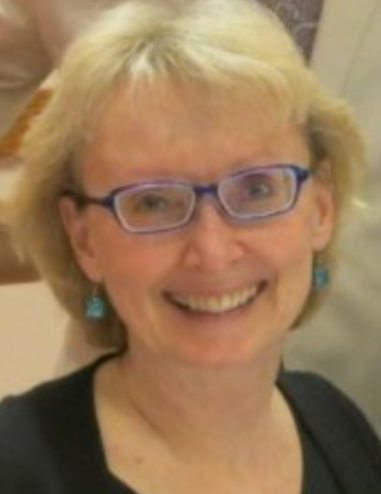
Dr. Martha Ann Bell joined Virginia Tech in 1996. She is a Professor in the Department of Psychology. Her research focuses on developmental changes in brain-behavior relations during infancy and early childhood; developmental cognitive neuroscience and developmental psychophysiology (executive function, emotion regulation, EEG, ECG); individual differences in development; integration of cognition and emotion in early development. Dr. Bell has mentored 5 PREP and IMSD studentes: Anjolii Diaz (IMSD), Kristen Davis (PREP), Angelica Melvin (PREP), Cassie Eng (PREP), and currently Tatiana Garcia Meza (IMSD).
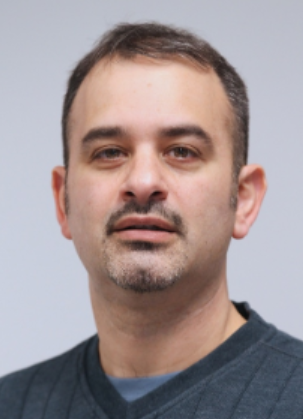
Dr. Daniel Capelluto is an Associate Professor in the Department of Biological Sciences. His current research focuses on the understanding of "how protein domains transduce and modulate signals from biological membranes." Dr. Capelluto's former mentees include IMSD alum Ms. Davia Blake, PREP alums Dr. MyThanh (Vo) Beedle and Karla Sanchez. As Ms. Alicia Traughber's MAOP advisor, he also gets credit for directing her to PREP as a transition option to the PhD.



